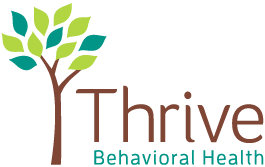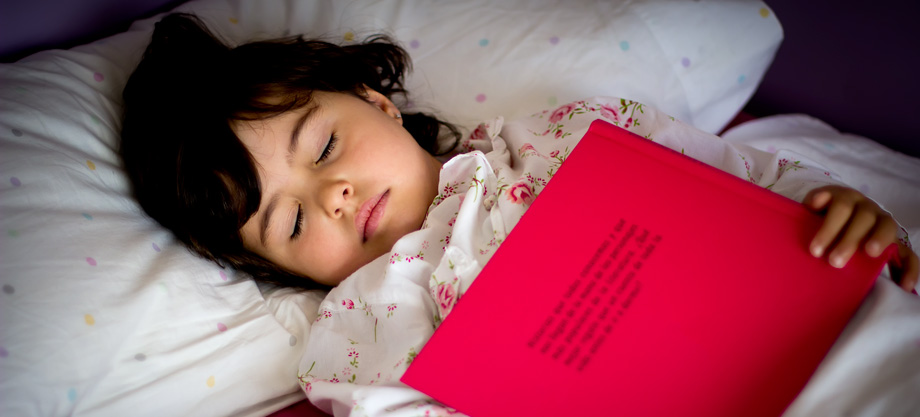Sleep for children
School-age children who suffer from disturbed sleep due to anxiety often seek out their parents at night. Try discussing your child’s fears during the day. And practice relaxation skills for nighttime, ahead of time. Create a sticker chart to reward him for staying in bed. And take your child immediately back to his bed rather than letting him stay in your room. If your child has difficulty sleeping 8 hours a night, please contact us for help.
Sleep for teens
The average teenager needs 9 to 10 hours of sleep a night, an hour more than is needed by the average 9 year old. Why? Hormones, crucial to proper growth and development, are released mostly during sleep. In addition, the sleeping brain learns and consolidates memory, so adequate sleep is key for teenagers to learn well in school.
Unfortunately, the average teen today only gets 7.5 hours of sleep. Signs of sleep deprivation in teenagers include difficulty awakening in the morning, irritability, falling asleep during the day, oversleeping on weekends and poor memory or concentration.
If you observe behaviors that you suspect are keeping your child up at night, talk about it.
Common pitfalls that hinder sleep include:
- Talking with friends late at night
- Listening to loud music before bed
- Watching stimulating TV or playing video games before sleep
- Leaving a cell phone on or near the bed
- Drinking caffeinated beverages in the evening
- Doing homework in bed during the daytime
To help your teen get enough sleep
- Talk to him about how much sleep his body needs — most teens honestly don’t know they should get 9 hours a night.
- Encourage him to keep a consistent bedtime and wake time.
- Establish a soothing bedtime routine.
- Ask him to cut back on caffeine.
- Make sure exercise happens daily, at least two hours before bedtime (not right before bed).
- Assist him in his time management. Busy after-school schedules can push homework late into the night. Help him set priorities that make health and schoolwork top priorities.
Although it’s common for teenagers to sleep late or take naps, a sudden increase in sleep, especially if it’s accompanied by mood changes, social withdrawal, slipping grades, changes in eating habits and loss of interest in normal activities may be signs of depression.


